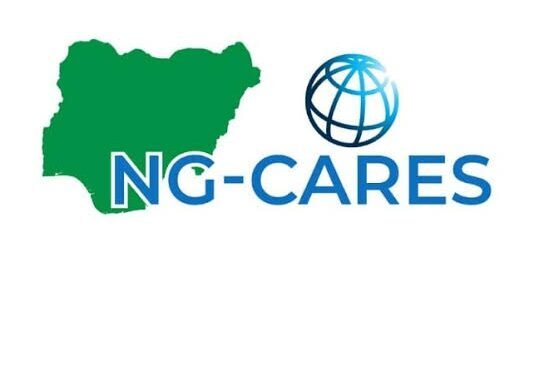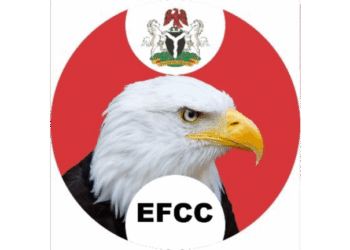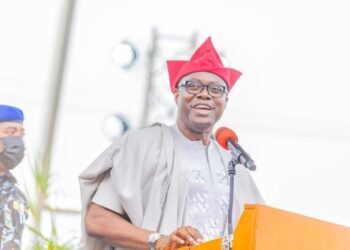Obi made the pledge on Saturday in Lagos, where he opened the Appraisal Meeting for the Nigeria Community Action for Resilience and Economic Stimulus (NG-CARES) Programme, Additional Financing (AF).
The News Agency of Nigeria (NAN) reports that the purpose of the meeting was to assess the progress of the NG-CARES Programme’s implementation and ensure its continued success.
It also provided an opportunity for the federal government and states to engage with the World Bank regarding the $500 million USD credit for the second phase.
The World Bank-supported initiative aims to provide livelihood support, food security services, and grants to mitigate economic shocks affecting vulnerable communities.
The Permanent Secretary stated that his ministry had identified areas for improvement following the four-year implementation of the first phase, ensuring sustainable results in the second phase.
Obi stressed that the government would focus on the sustainability of the intervention and strengthen both institutional and human resources to ensure an effective shock response system.
“A successful NG-CARES Programme will enable the poor across Nigeria to feel the impact of government efforts at all levels,” Obi added.
He urged all stakeholders to remain committed to ensuring the sustainability of the NG-CARES programme for the welfare of vulnerable Nigerians.
The Permanent Secretary pledged the Federal Government’s collaboration with states, local governments, and the World Bank to ensure effective programme implementation.
“My duty as the PS is to identify obstacles and remove them,” Obi remarked during the meeting.
He noted that the NG-CARES Programme had achieved tangible results, valued at over one billion dollars, benefiting about 16 million poor Nigerians.
Obi emphasised the need to build on the current phase’s successes, expanding the programme’s impact to improve the socioeconomic conditions of vulnerable Nigerians.
Dr Lire Ersado, Task Team Leader for NG-CARES at the World Bank, outlined the objectives of NG-CARES 2.0 in a detailed presentation.
Ersado highlighted flaws in the first phase, labelled 1.0, and provided updates on the second phase, including key design parameters, timelines, and eligibility criteria.
He also discussed allocation issues and advised states and other partners on proper implementation, offering continued technical support for a clean social register.
Ersado, alongside other speakers, highlighted how the requirement of the National Identification Number (NIN) had slowed registration completion and cash transfers.
Abdulkarim Obaje, National Coordinator of the Federal CARES Support Unit, explained that NG-CARES resources would be used to expand and update the social register.
Obaje clarified that NG-CARES 2.0 is a three-year programme running from 2025 to 2027, with implementation contingent on various factors, including approval.
“NG-CARES 1.0 was originally planned as a three-year programme from 2021 to 2023, but has since been extended, now set to close on May 31,” he said.
He noted that more people were understanding the benefits of NG-CARES, with state governments now funding it, knowing they would be reimbursed.
“The programme has directly impacted over 15 million Nigerians, and a total of $645 million has been reimbursed to states,” Obaje said. (NAN)











